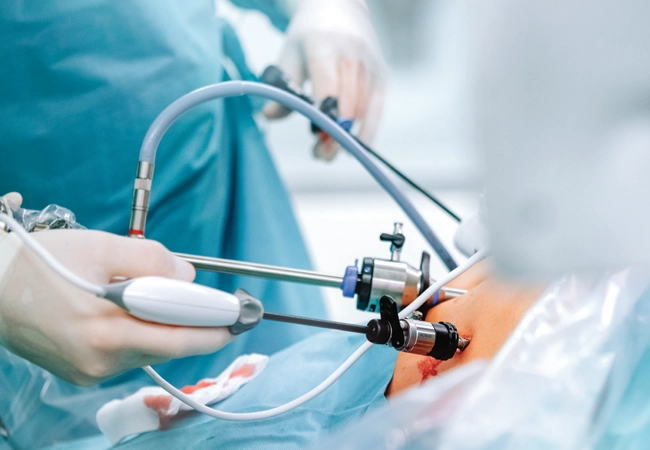Even though weight reduction surgery isn’t a miracle cure, it might put you on the road to wellness when other methods haven’t worked. The ability to lose weight gives you a completely new perspective on life, but like with anything new, you may experience unexpected feelings, events, and milestones. Here, we address some frequently asked queries regarding what to expect after bariatric weight loss surgery.
Will my life significantly change?
You only need to make a few modifications, so not really. The main thing you’ll need to do is keep an eye on your eating patterns. Bariatric surgery will alter your eating habits if you are used to doing whatever you want. Your stomach will be smaller, which will limit the amount of food you can eat at once and the amount of nutrients you can absorb.
Avoid eating too much at once, gulping down your meal rather than chewing it fully, or eating anything that is overly rich, sugary, or greasy because doing so may cause pain and nausea. Starting with liquid protein drinks, you’ll next transition to puréed foods and, as you recuperate, relearn how to consume soft foods like poached eggs. You’ll eventually be able to resume eating frequently, concentrating on high-quality, high-protein foods.
What can I anticipate?
Fortunately, there are many more advantages to weight loss surgery than disadvantages. You’ll live longer, which is an important factor. Life-threatening conditions like diabetes, high blood pressure, heart disease, and cancer are exacerbated or entirely caused by severe obesity. According to the American Society for Metabolic and Bariatric Surgery, bariatric surgery will reduce a qualifying patient’s risk of premature death by 30 to 40%. If you are severely fat, you could 89 percent lower your risk.
How am I going to control my weight?
Weight management can be greatly facilitated with bariatric surgery. When your body mass index (BMI) is 30 or higher, losing weight on your own is significantly more challenging. Normal “dieting” is almost entirely worthless if you are suffering from fat. It’s not a lack of willpower; rather, at that time, hunger hormones kick into high gear.
Fortunately, after weight loss surgery, hunger hormones decrease. Contrary to traditional dieting, which typically results in dieters gaining all of the weight they’ve lost plus additional weight over the same period of time, patients typically maintain a weight loss of 50% or more after five years. If you’ve had a gastric sleeve or another type of weight loss surgery, you still need to exercise and watch what you eat, but it’ll be simpler to stick to your plan and keep up improved long-term eating habits.
How can my life get better?
Your physical well-being will improve after bariatric surgery as you’ll have greater mobility. You’ll reclaim your freedom, breathe better, have more energy and endurance, and the joint pain brought on by extra weight will lessen. Additional advantages can include bettering one’s health and physical attractiveness, which can boost confidence and enhance social interaction. Even non-clinical depression might get better.
What impact will the procedure have on my family and friends?
What’s this? Your bariatric procedure will also benefit your loved ones and friends. You’ll be able to bond with the people in your life more because of your improved mood, higher energy, and improved mobility. If they need to lose weight, being near you might help them do it. They’re likely to pick up on your healthy dietary and lifestyle choices, which is advantageous for everyone.
Are you prepared to make the next move toward a happier, healthier you? Having bariatric surgery might be beneficial. For additional information about nutrition services and surgical options, get in touch with Dr. Ferrari right now. You can also make an appointment.

